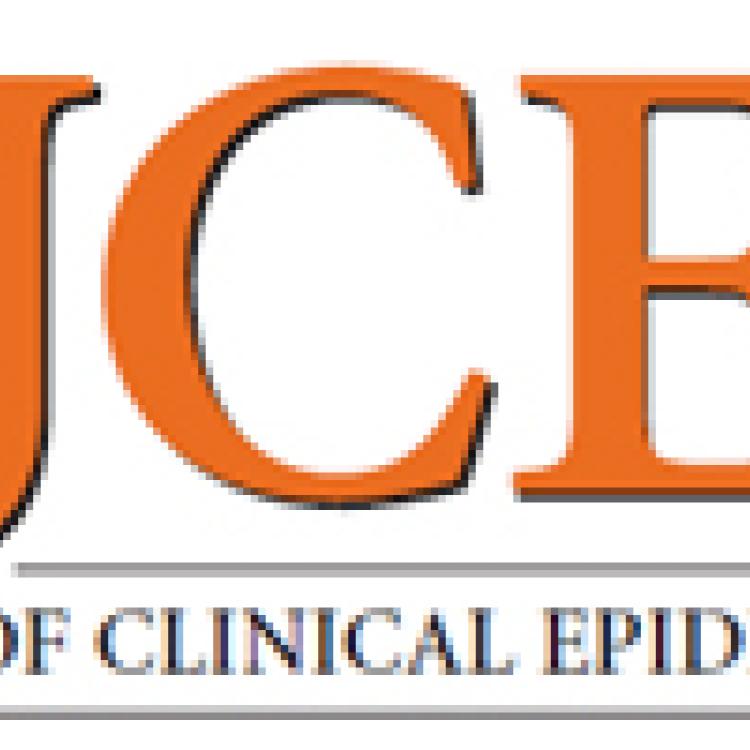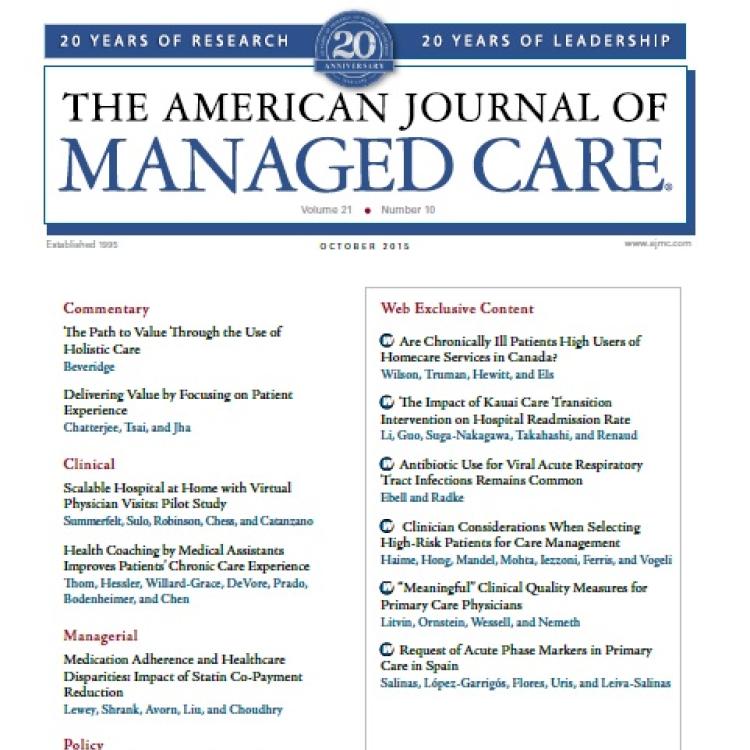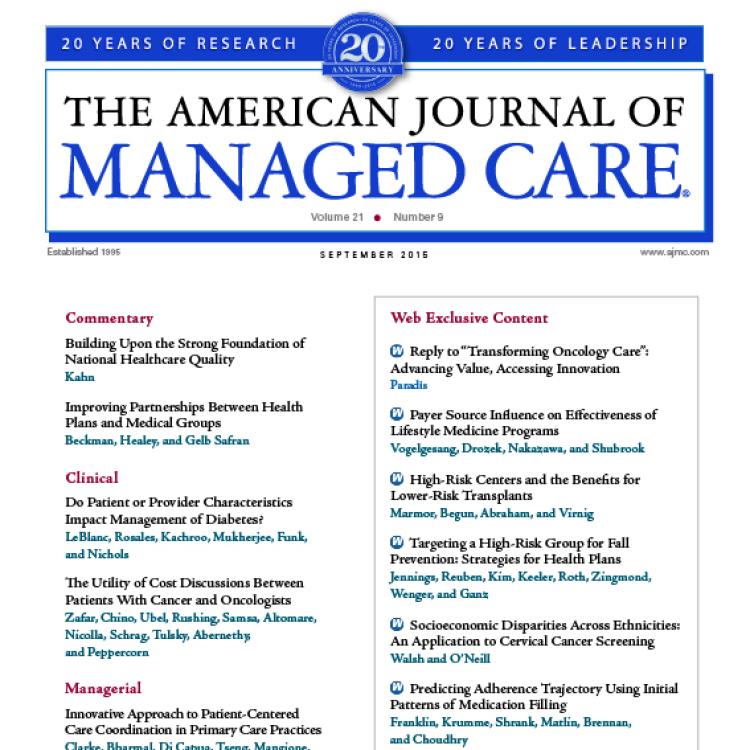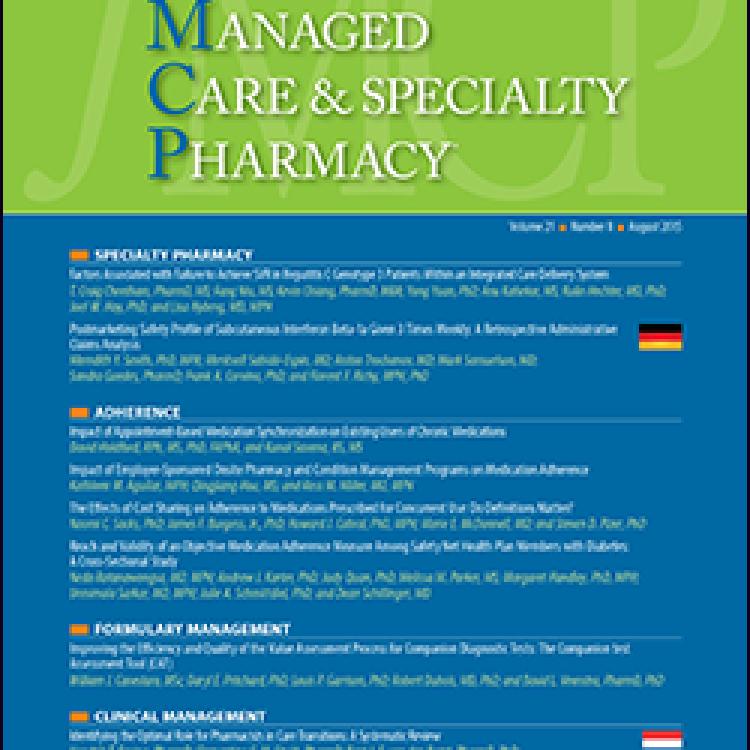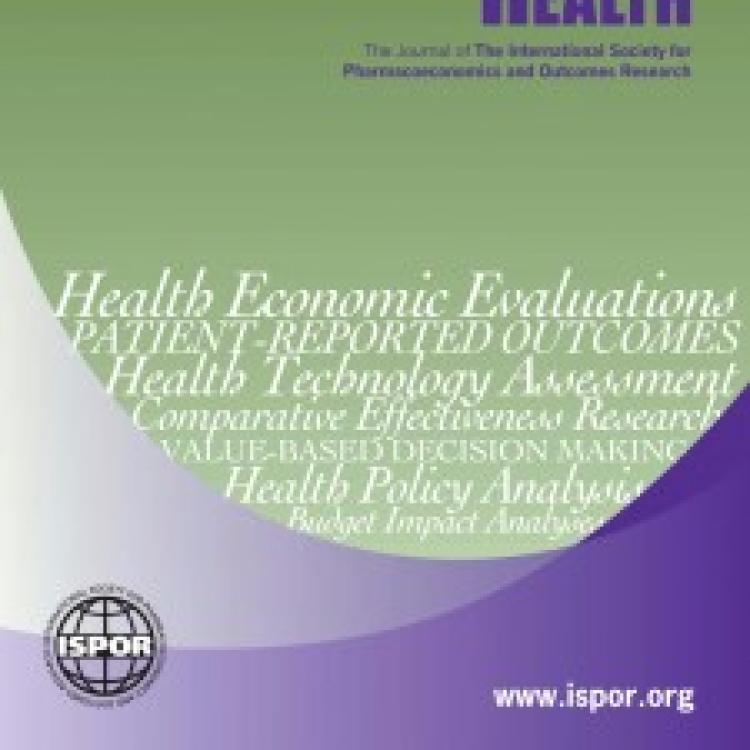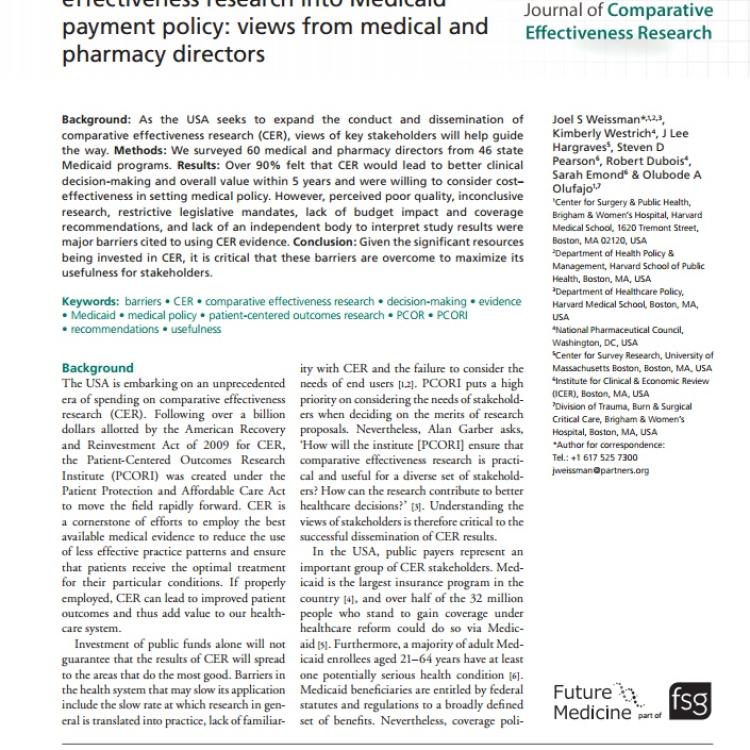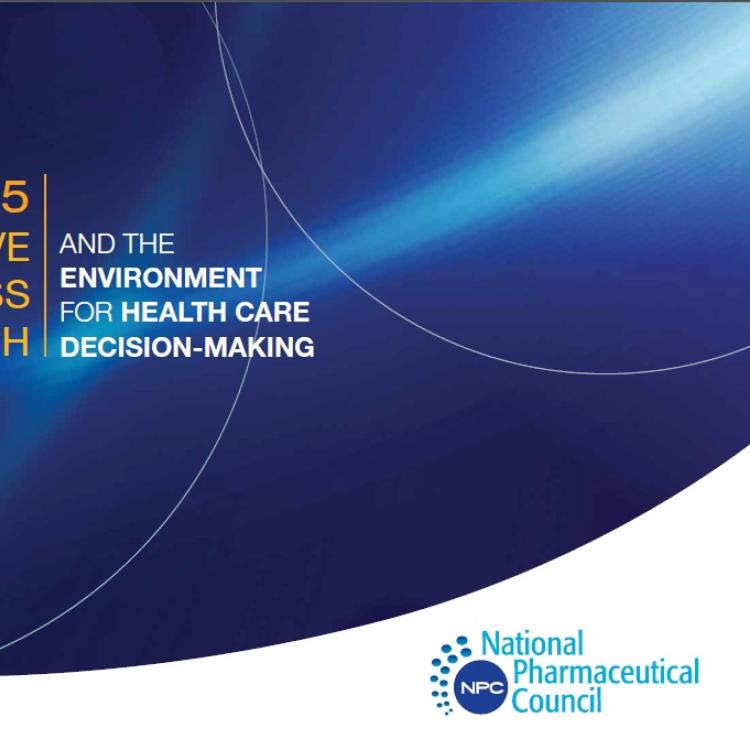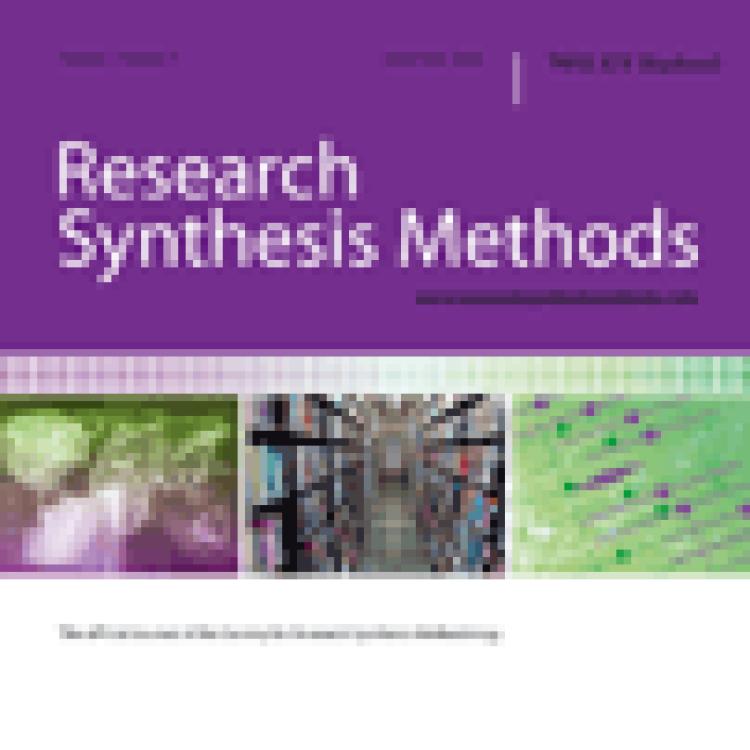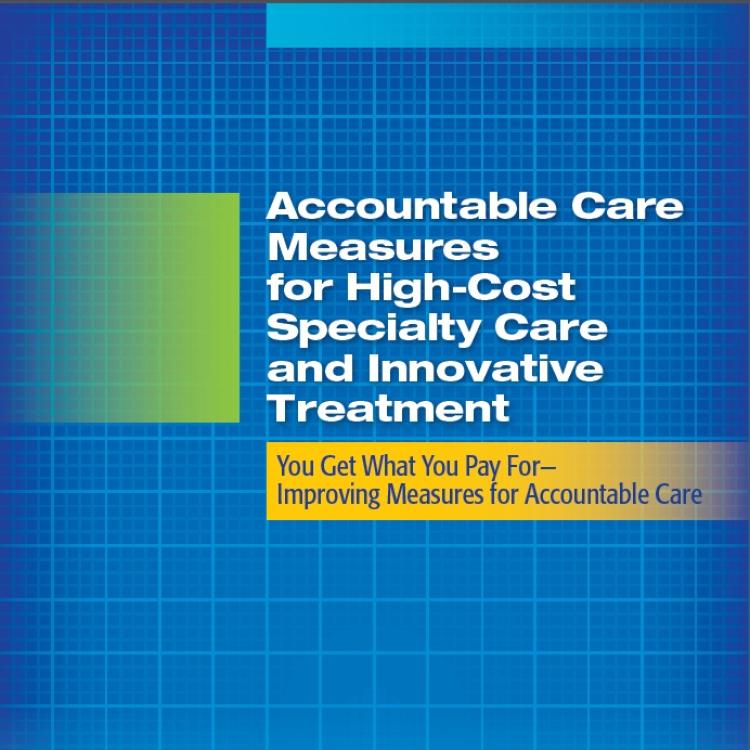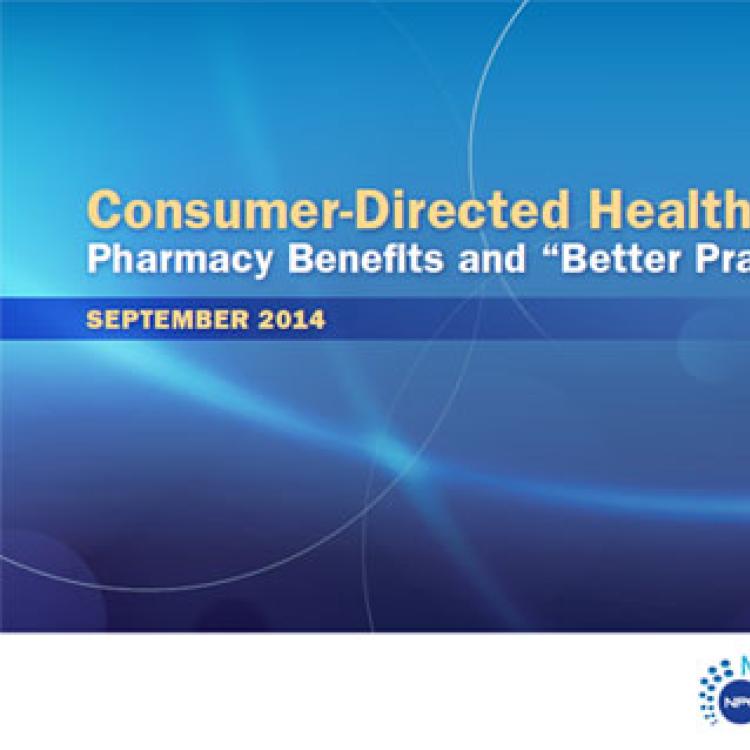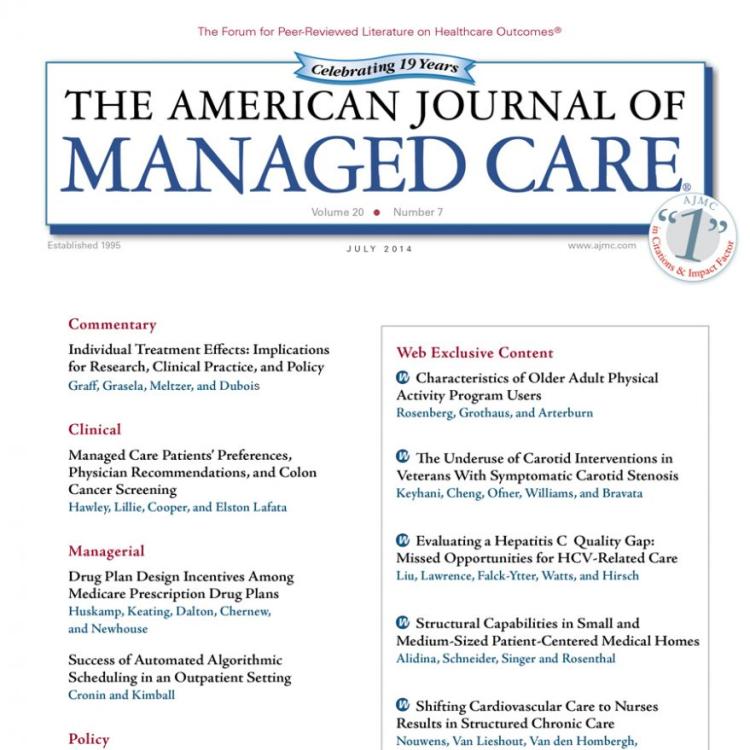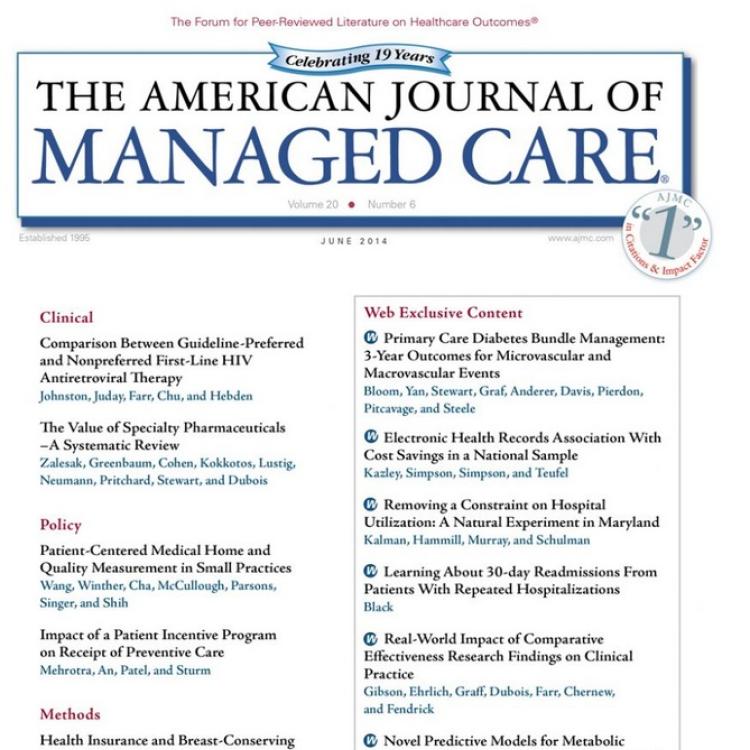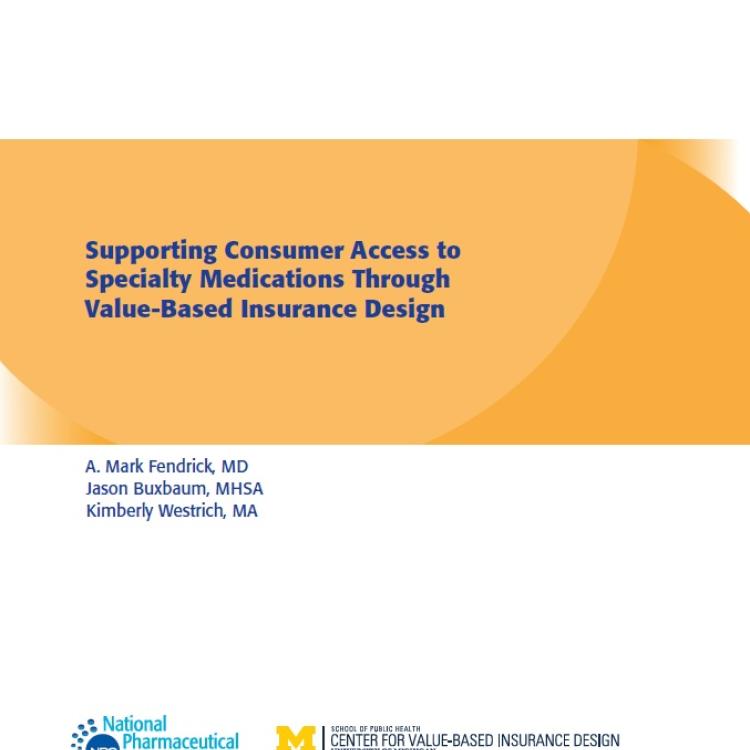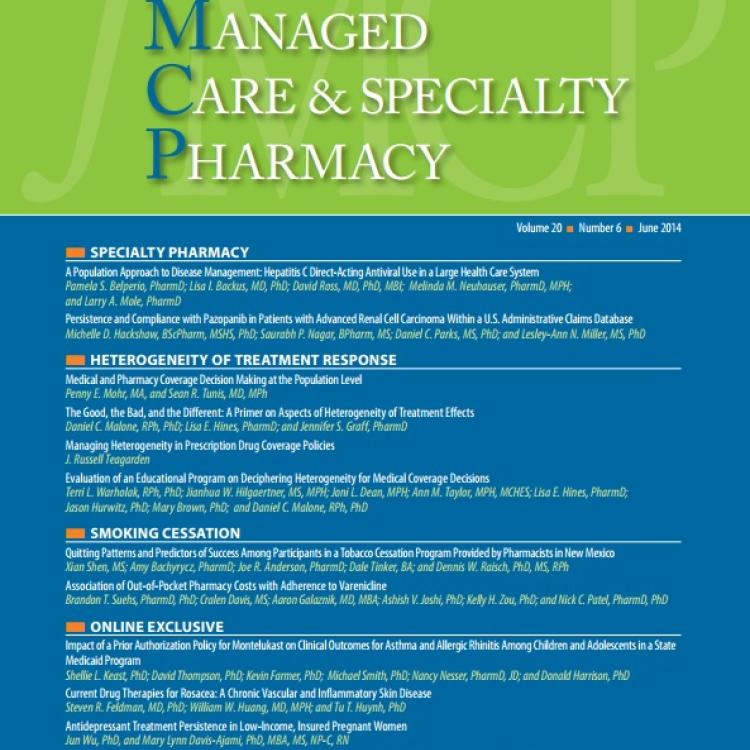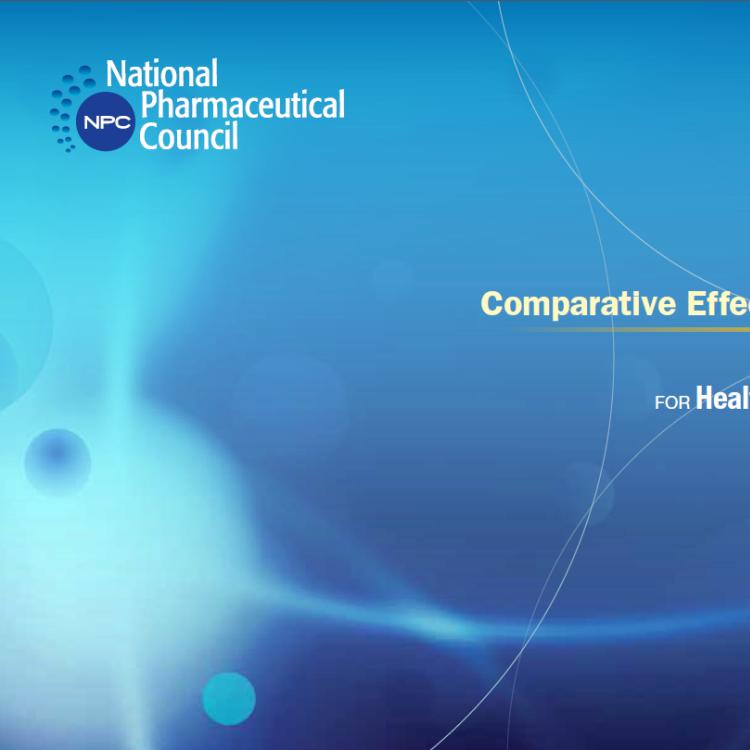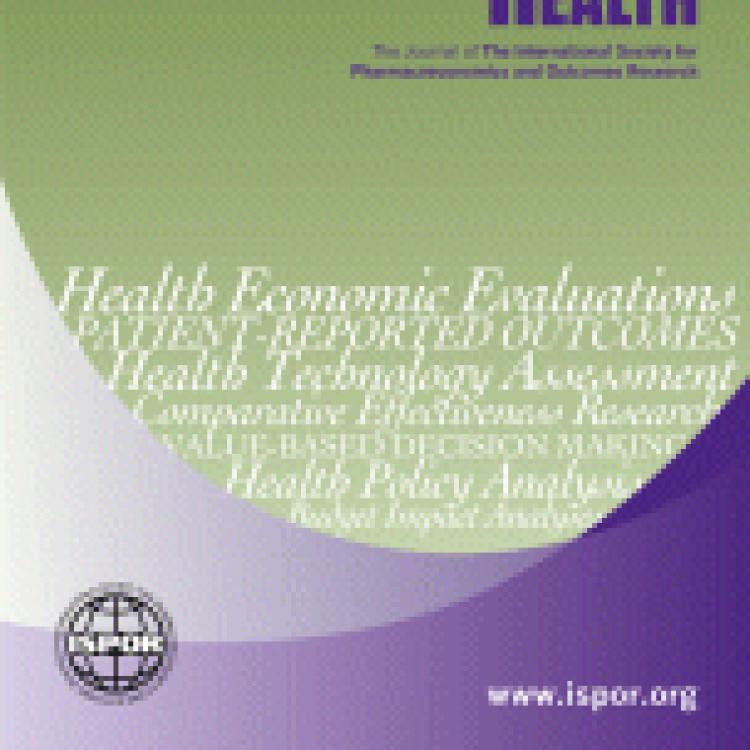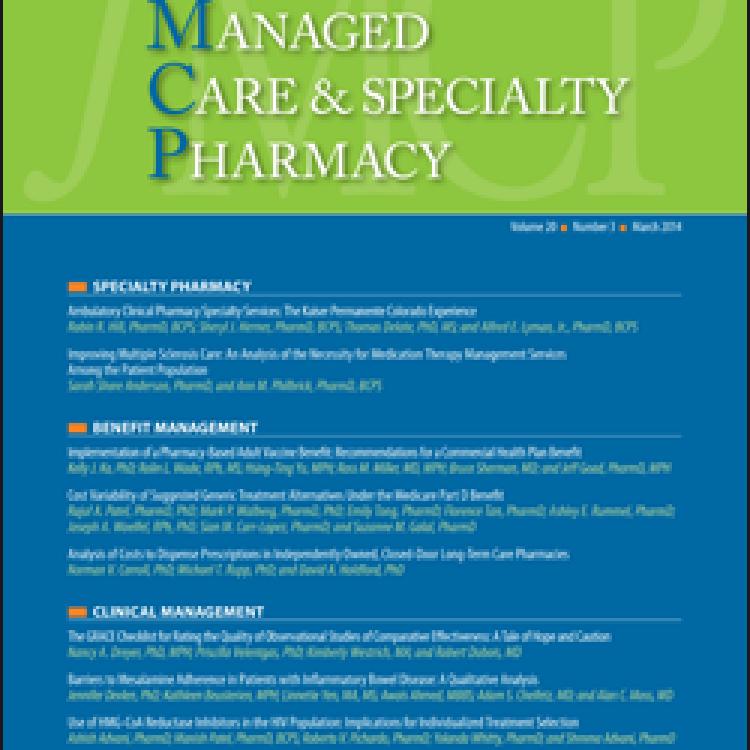Resources
The National Pharmaceutical Council (NPC) is a health policy research organization dedicated to the advancement of good evidence and science, and to fostering an environment in the United States that supports medical innovation.
Filter by:
Topic
Topic
- Accountable Care Organizations
- Alternative Payment Models
- Biopharmaceutical Innovation
- Clinical Pathways
- Elements of Value
- Evidence for Decision Making
- Formulary/Benefit Design
- Good Practices for Evidence
- Health Care Quality Measures
- Health Spending
- Health Spend Management
- High-Deductible Health Plans
- Impact on Outcome & Spending
- Individual Treatment Effects & Personalized Access
- IRA Implementation
- Pandemic Response
- Patient Cost Sharing
- Paying for Cures
- Pharmacy Benefit Managers (PBMs)
- Policy & Regulatory Barriers
- Real-World Data
- Real-World Evidence
- Regulatory Barriers & Challenges
- Understanding Health Spending
- Utilization Management & Step Therapy
- Value-Based Contracts
- Value-Based Insurance Design
- Value Assessment
- Value Assessment Frameworks
- Value Assessment Methods
Resource Type
Audience
Display Only
Showing 266 Results
Standards and Guidelines for Observational Studies: Quality Is in the Eye of the Beholder
The lack of observational study standard/guideline agreement may contribute to variation in study conduct; disparities in what is considered credible research; and ultimately, what evidence is…
Solutions for Filling Gaps in Accountable Care Measure Sets
This peer-reviewed study, “Solutions for Filling Gaps in Accountable Care Measure Sets,” explores measurement gaps for high-priority conditions and identifies ways to improve measure sets.
Developing Evidence that is Fit for Purpose: A Framework for Payer and Research Dialogue
A study published in the September 2015 issue of The American Journal of Managed Care introduces a framework developed by the National Pharmaceutical Council (NPC) and AcademyHealth that could help…
Private Sector Risk-Sharing Agreements in the US: Trends, Barriers and Prospects
A peer-reviewed study found that there are limited risk-sharing agreements (RSAs) between health care payers and pharmaceutical manufacturers in the United States, but interest in the agreements…
Improving the Efficiency and Quality of the Value Assessment Process for Companion Diagnostic Tests: The Companion Test Assessment Tool
This peer-reviewed study examined some of the barriers to incorporating a Companion Diagnostic Test (CDT) into drug treatment decisions and outlined a framework to assist managed care…
When Does FDAMA Section 114 Apply? Ten Case Studies
There is hesitation to disseminate comparative effectiveness research because of ambiguities in the law that was established to help biopharmaceutical companies engage health plans around real-world…
Translating Comparative Effectiveness Research into Medicaid Payment Policy: Views from Medical and Pharmacy Directors
NPC supported a survey of Medicaid medical and pharmacy directors to better understand how policy makers in the state Medicaid programs view comparative effectiveness research (CER) and how they use…
Best Practices: An Electronic Drug Alert Program to Improve Safety in an Accountable Care Environment
This case study highlights the critical components of Marshfield Clinic’s Drug Safety Alert Program, which focuses on prioritizing and communicating safety issues related to medications with the goal…
2015 Comparative Effectiveness Research and the Environment for Health Care Decision-Making
NPC's fifth annual survey, "Comparative Effectiveness Research and the Environment for Health Care Decision-Making," provides a snapshot of stakeholders’ perceptions of the key players in the…
Exploration of Heterogeneity in Distributed Research Network Drug Safety Analyses
Distributed data network drug safety analyses are difficult to interpret in the face of heterogeneity, or individual treatment effects.
Best Practices: Improving Patient Outcomes and Costs in an ACO Through Comprehensive Medication Therapy Management
This case study explores the important role that pharmacists can play in ensuring the optimal use of pharmaceuticals and improving patient outcomes in an accountable care organization (ACO). It …
Accountable Care Measures for High-Cost Specialty Care and Innovative Treatment
This comprehensive white paper from the National Pharmaceutical Council and Discern Health identified gaps in accountable care quality measure sets for cancer, which can lead to missed opportunities…
Consumer-Directed Health Plans: Pharmacy Benefits & "Better Practices"
The research was intended to identify the current landscape and best practice approaches for consumer-directed health plans and pharmacy benefits, as well as understand the health and economic impact…
Individual Treatment Effects: Implications for Research, Clinical Practice, and Policy
This research outlines a framework and policy considerations to help health care stakeholders understand when it is important take patients’ individual treatment responses into account when making…
Real-World Impact of Comparative Effectiveness Research Findings on Clinical Practice
This study suggests that changes are needed to enable more consistent translation of research findings into clinical practice.
Supporting Consumer Access to Specialty Medications Through Value-Based Insurance Design
Value-based insurance design (V-BID) is a key tactic payers and purchasers can use to promote access to high-value specialty medications.
The Good, the Bad, and the Different: A Primer on Aspects of Heterogeneity of Treatment Effects
The concept of heterogeneity is explained and further explored via four articles published in the June 2014 issue of the Journal of Managed Care & Specialty Pharmacy: The Good, the Bad, and the…
2014 Comparative Effectiveness Research and the Environment for Health Care Decision-Making
Through this annual survey, NPC has been able to track changes in which organizations are perceived as influential in areas such as prioritizing, funding, conducting and monitoring CER, as well as…
CER Collaborative: Series of Questionnaires to Guide Decision-makers in Reviewing Studies
Three peer-reviewed articles offer important guidance to aid formulary decision-makers in evaluating certain types of comparative effectiveness research (CER) studies.
The GRACE Checklist for Rating the Quality of Observational Studies of Comparative Effectiveness: A Tale of Hope and Caution
With the growing demand for information about comparative effectiveness and questions about the quality of research that will support future health care decision-making, a group of researchers…
